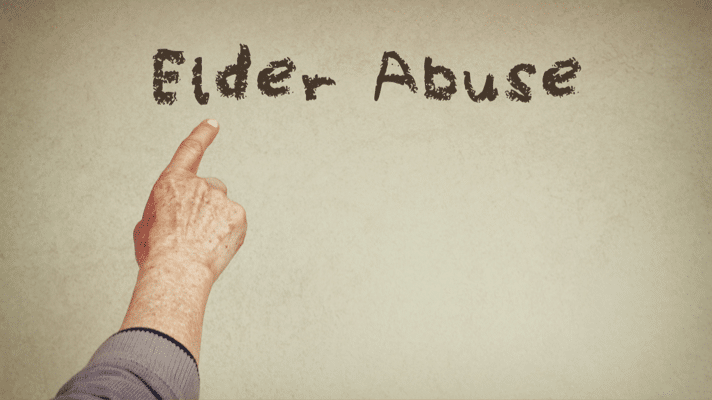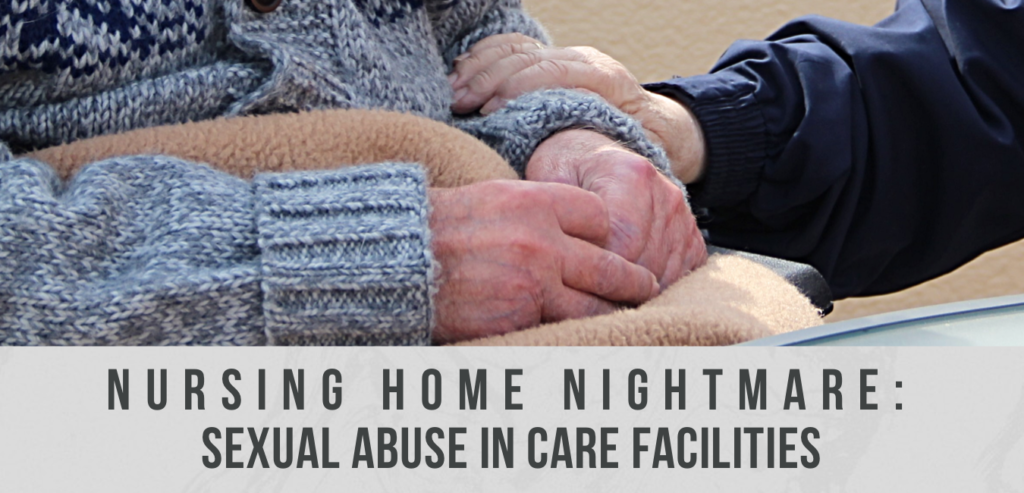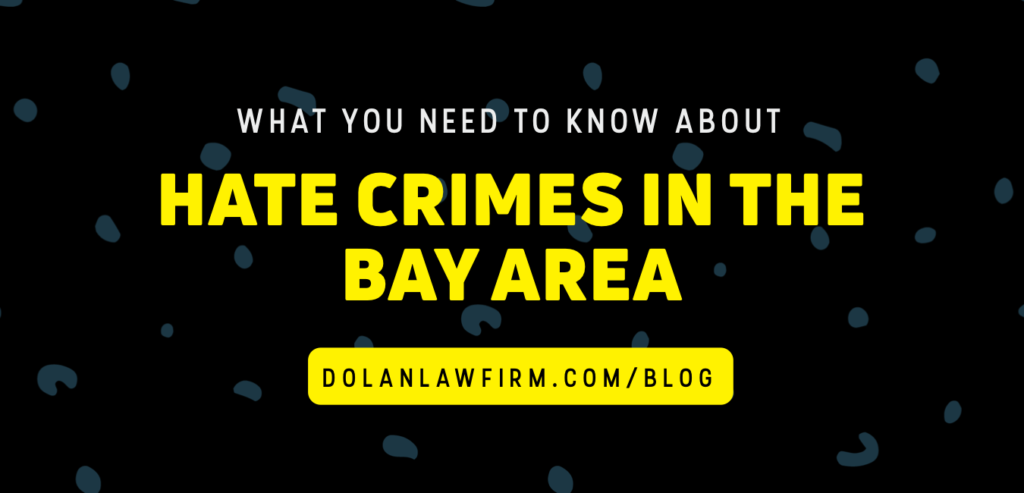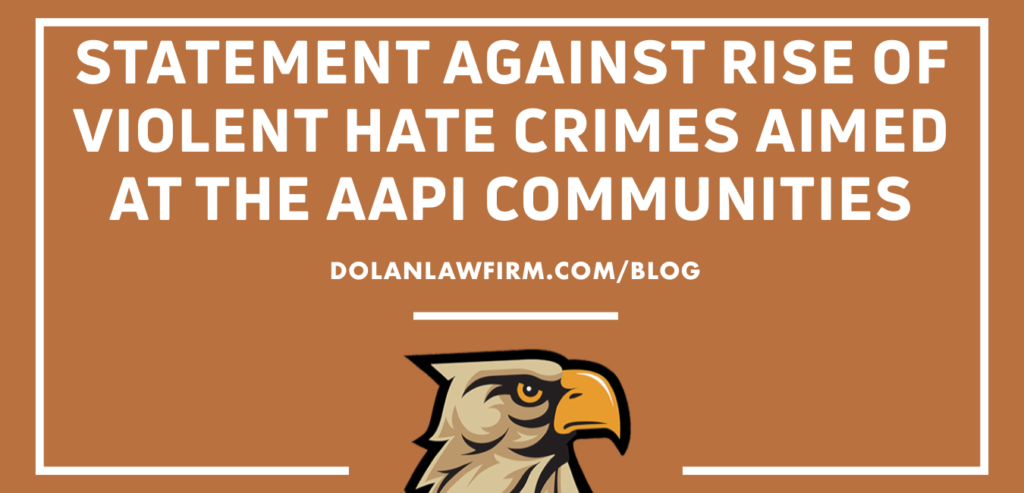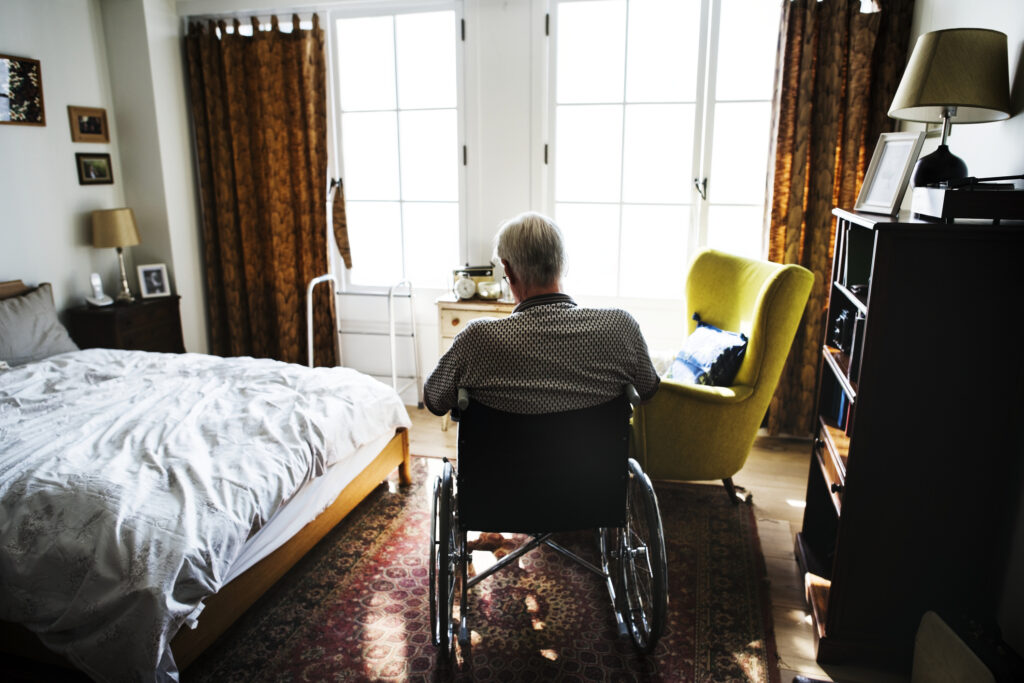Why are some Attorneys unwilling to take my nursing home case?
Written By Chris Dolan and Aimee Kirby My husband has been at a nursing facility that is generally subpar, in my opinion, because we have Medicare and Medi-Cal. He had a fall at home and broke his hip. Sadly, our house has many steps, and the social worker said it would be better for him …
Why are some Attorneys unwilling to take my nursing home case? Read More »


